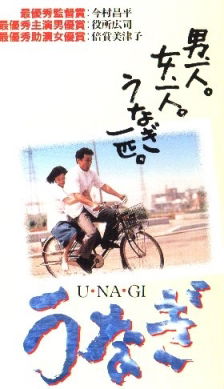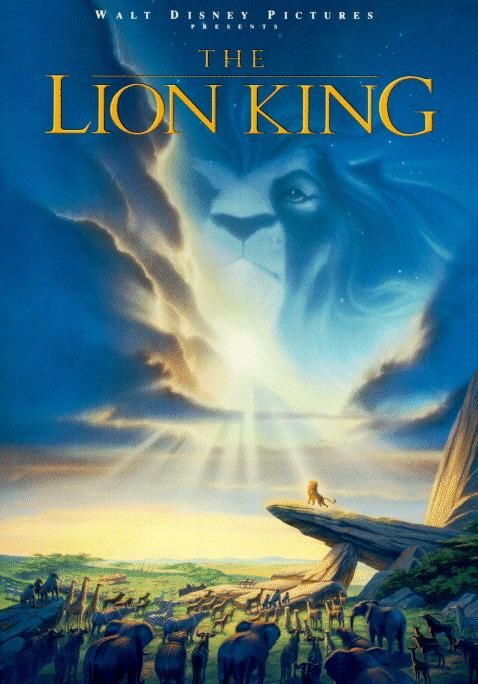What You Need To Know:
In the unpredictable and wonderfully nuanced movie, THE EEL, a plain Japanese office worker, Yamashita, is reading anonymous letters telling of his wife's infidelity. She pursues this liaison while he goes on all night fishing trips, so Yamashita determines to come home early and find out for himself. Catching his wife in the act, he seizes a knife and stabs her to death and then turns himself over to the police. Eight years later, Yamashita comes from prison with a few possessions and an eel that became his pet. His parole officer, a kind Buddhist priest, takes him to his own small port village where Yamashita becomes a barber. Yamashita wants to live in obscurity. When a beautiful but emotionally troubled young woman, comes to town, Yamashita begins to come out of his shell.
Even though not a Christian film, this movie explores many central biblical themes, such as mercy triumphing over judgment, an exhortation to "love one another as I have first loved you," forgiveness, and the difficulty of going at life alone. In summary, God's compassion for his creation is meted out and love is ladled out to bring redemption from a terrible tragedy
Content:
(Ro, FR, L, VV, SS, NN, A, Re) Romantic worldview of man becoming responsible for unwed mother with some Buddhist elements; 2 obscenities; brief action violence related to revenge, several fist fights, man cut on cheek with a razor & 1 graphic stabbing at start of movie; 2 different adulterous relationships shown; brief upper female & male nudity related to adultery; alcohol use; and, redemptive elements.
More Detail:
In the unpredictable and wonderfully nuanced movie, THE EEL, a plain Japanese office worker, Yamashita (Koji Yakusho of SHALL WE DANCE), is reading anonymous letters telling of his wife’s infidelity. She pursues this liaison while he goes on all night fishing trips, so Yamashita determines to come home early and find out for himself. Catching his wife in the act, he seizes a knife and stabs her to death, only to inadvertently go and turn himself in at the police station.
Eight years later, Yamashita gets out of prison. His most prized possession is an eel that has become his pet. His parole officer, a kind Buddhist priest, takes him to his own small port village where Yamashita becomes a barber. Yamashita wants to live a quiet, isolated life with his eel as his only companion.
Two things break Yamashita’s retreat. First, a beautiful but emotionally troubled young woman, Keiko, played by Misa Shimizo, who looks like his dead wife, arrives in the village. Then, a garbage collector (Akira Emoto) and fellow ex-con threatens to let the townspeople know about Yamashita’s terrible past.
The movie then explores the tension of trying to maintain an emotional numbness versus his consequent caring by Keiko. The story uses the garbage collector to force Yamashita to face a fuller range of emotions, love and jealousy as he faces losing Keiko. As the audience must itself by Keiko’s heartfelt appeal, so Yamashita’s defenses come down, as Keiko tenderly cares for him and shows him respect. The eel, representing the protagonist’s isolation, is eventually released.
Even though not a Christian film, the movie explores many central biblical themes, such as mercy triumphing over judgment, an exhortation to “love one another as I have first loved you,” forgiveness, and the difficulty of going at life alone. In summary, God’s compassion for his creation is meted out and love is ladled out to bring redemption from a terrible tragedy.



 - Content:
- Content: 






